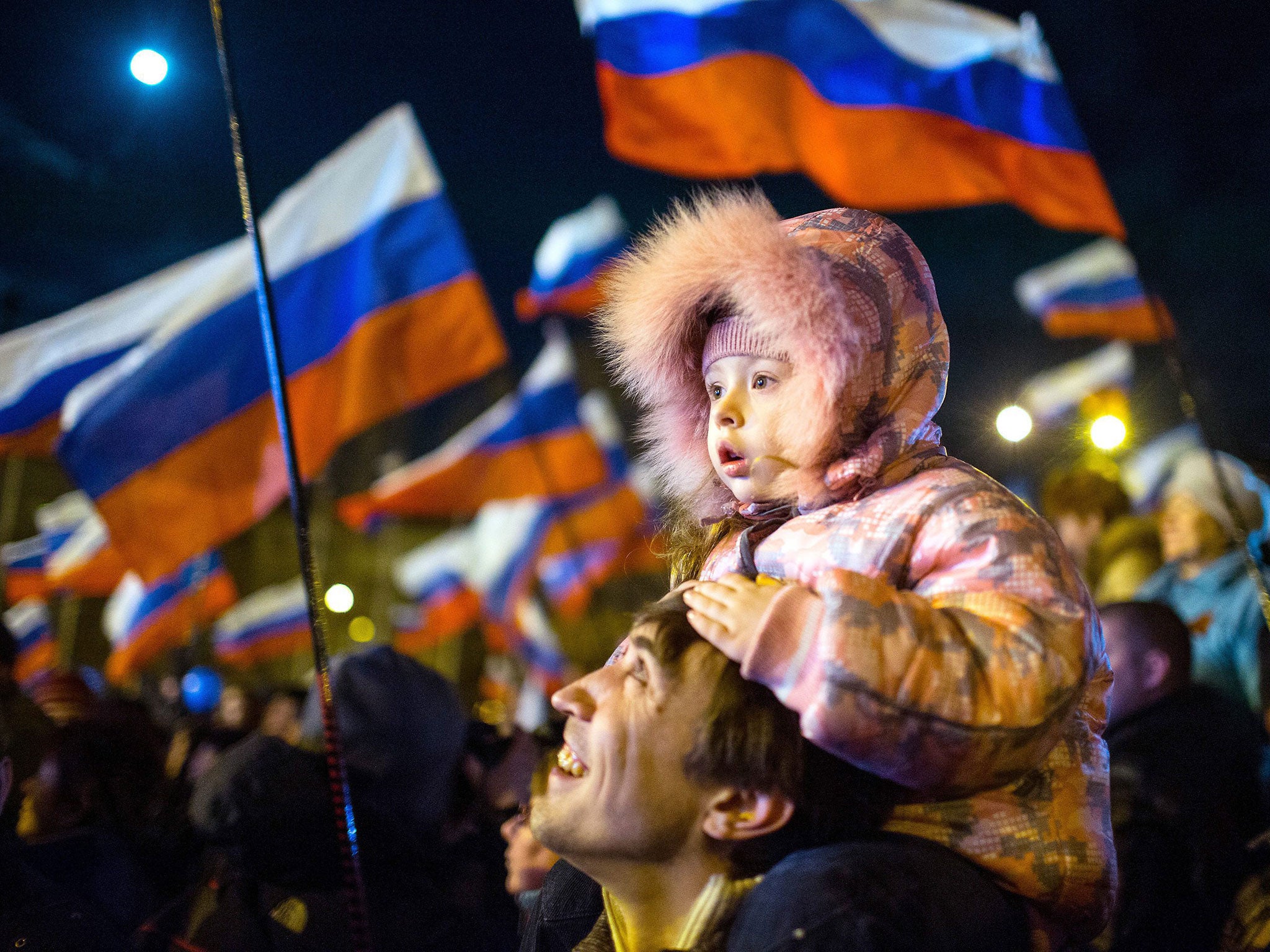
Your support helps us to tell the story
From reproductive rights to climate change to Big Tech, The Independent is on the ground when the story is developing. Whether it's investigating the financials of Elon Musk's pro-Trump PAC or producing our latest documentary, 'The A Word', which shines a light on the American women fighting for reproductive rights, we know how important it is to parse out the facts from the messaging.
At such a critical moment in US history, we need reporters on the ground. Your donation allows us to keep sending journalists to speak to both sides of the story.
The Independent is trusted by Americans across the entire political spectrum. And unlike many other quality news outlets, we choose not to lock Americans out of our reporting and analysis with paywalls. We believe quality journalism should be available to everyone, paid for by those who can afford it.
Your support makes all the difference.What happens after the final results are in?
There was always little doubt that the vote would be a landslide in favour of joining Russia.
There was consternation in some quarters about the phrasing of the questions on the ballot, with the choices being either union with Russia, or more autonomy within Ukraine – there was no option to maintain the current arrangement.
Russia has said it would respect the result. There were reports last night that the region would formally apply to join Russia today.
How will Western powers react?
The US and EU have rejected the referendum as unconstitutional, and vowed to move towards further financial sanctions. Lists of names are being prepared of those who helped in pushing for the peninsula’s secession – with a common list set to be agreed at a meeting of EU foreign ministers in Brussels today.
Those named could then be hit with asset freezes and visa sanctions. A two-day European Council meeting follows on Thursday and Friday involving European leaders and could see further sanctions imposed.
Will sanctions have the desired effect?
Economic action could financially hurt Western states as much as Russia, if not more so. President Putin appears confident that this would be the outcome if Western countries began what would be a series of tit-for-tat sanctions.
So far, sanctions, and the threat of further such moves, have done little to deter Moscow from increasing its presence in Crimea. With that in mind, there are growing fears in Kiev that if annexation occurs, Russia could push on into other parts of Ukraine under the guise of helping Russian citizens under threat in eastern areas.
During a conversation on Sunday with President Putin, German Chancellor Angela Merkel called for more observers from the Organisation for Security and Co-operation in Europe (OSCE) to be sent to eastern Ukraine following violent clashes in several cities involving pro and anti-Russian demonstrators.
Can Kiev halt secession?
The new Ukrainian government has staunchly defended its possession of Crimea. The government has vowed to keep its troops in the region – depite the fact a request for the withdrawal of forces being a possible consequence of annexation of Crimea to Russia.
A request by the Ukraine for NATO military assistance should there be border clashes with Russia has not yet been given a clear answer. A military truce between the two countries is agreed, but is currently only slated to last until Friday. Though Ukraine’s prime minister Arseny Yatsenuik vowed yesterday to bring separatist leaders “to justice,” the presence of the Kremlin’s force of 21,000, will make exacting such retribution an extremely difficult proposition.
Join our commenting forum
Join thought-provoking conversations, follow other Independent readers and see their replies
Comments